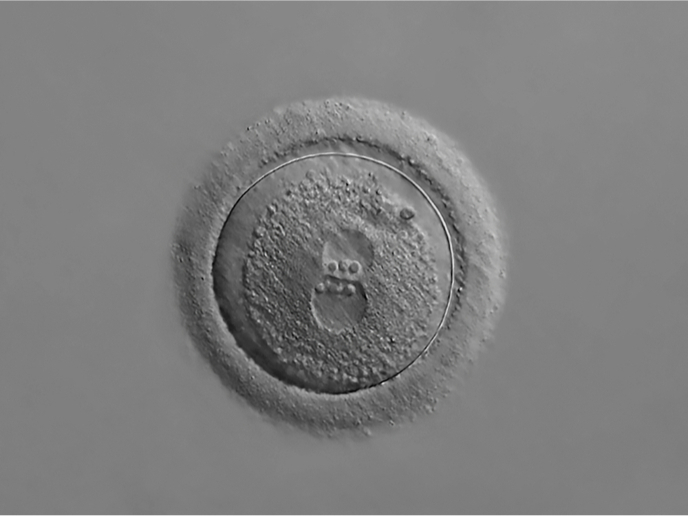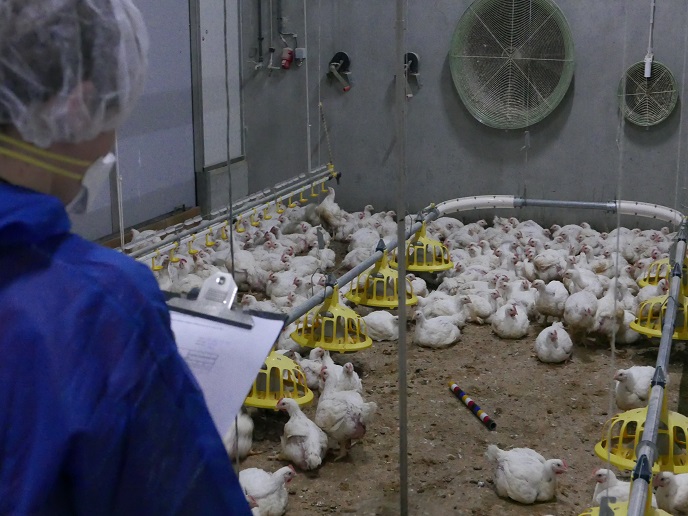Reversible male sterility in crops
The overall aim of the plant breeder is to produce uniform crossbred crops with high-throughput hybrid seed production without having to resort to emasculation of the plant. Parental homozygosity ensures the homogeneity of the variety and this can be achieved by doubled haploid technology to avoid repeated self-pollination. The aim of the European funded project HYBTECH was basically two-fold. First, to induce reversible male sterility and second, to develop a system of doubled haploid plants. The consortium had to devise a protocol that encompassed the two goals which are normally incompatible in most plants. Male sterility was induced by depleting one of the enzymes necessary for complete development of the mature microspore. One of the critical enzymes turned out to be glutamine synthase which could then be replaced by spraying crops when male fertility was required. As part of the research to induce male sterility it was essential to study multiple metabolites as up- or down-regulation of any enzyme can cause modifications in the production of other metabolites in the pathways. The team based at the Max-Planck-Institut für Molekulare Pflanzenphysiologie in Germany modified the technique of metabolic profiling for each sample matrix. Consequently, the scientists could take a broad look at the effects of metabolic manipulation. To speed up the breeding procedure and to produce total homozygosity, the project scientists necessarily took each crop in turn. Tobacco responded well in trials and all lines of male sterile plants and doubled homozygous progeny were obtained. Rice, chicory and tomato presented various problems. Although male sterile plants were obtained through metabolic starvation, problems with the phenotype in later generations or in the vegetative phase were encountered. The technology developed has delivered several important benefits to the plant breeding industry. The protocols are rapid and high-throughput. Hybrids possess the necessary high yield and quality. Moreover, the methods are protective of the environment by preventing the release of transgenic pollen where its effects may be detrimental to ecosystem balance.







